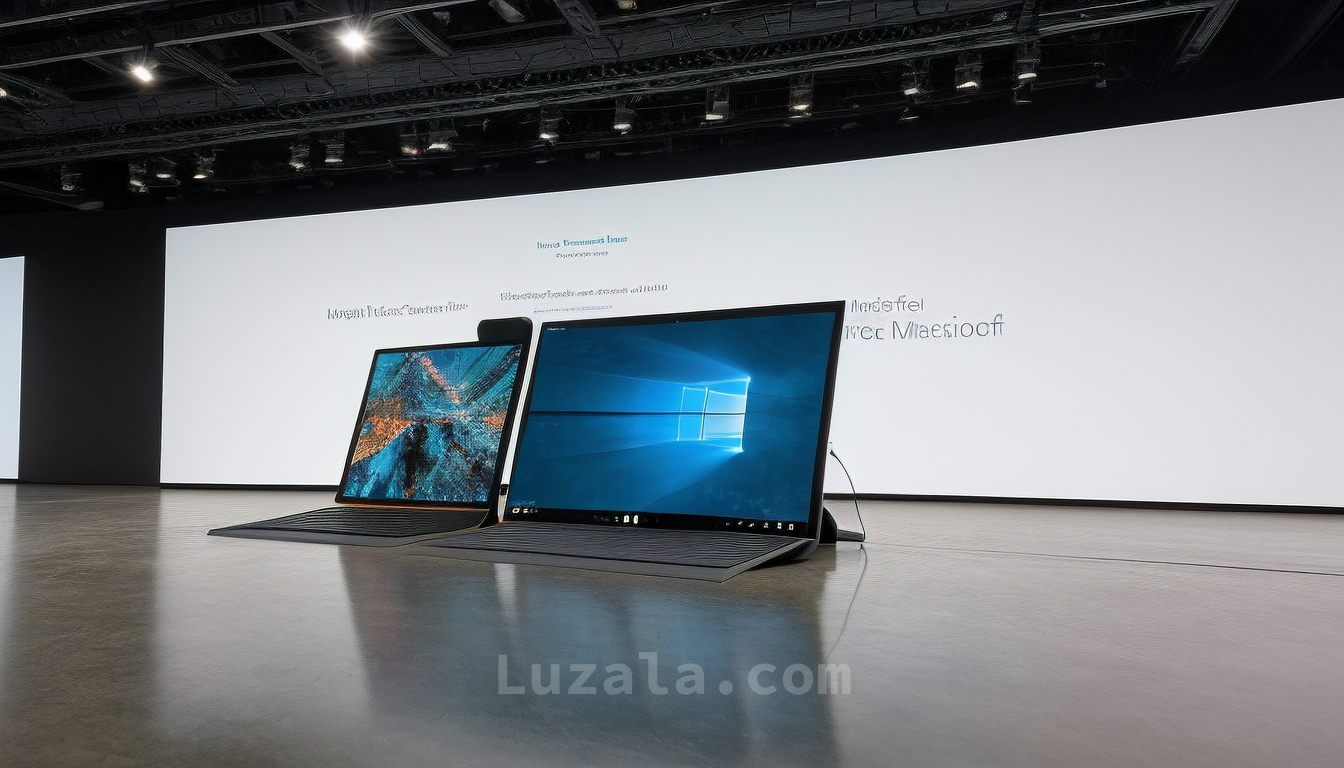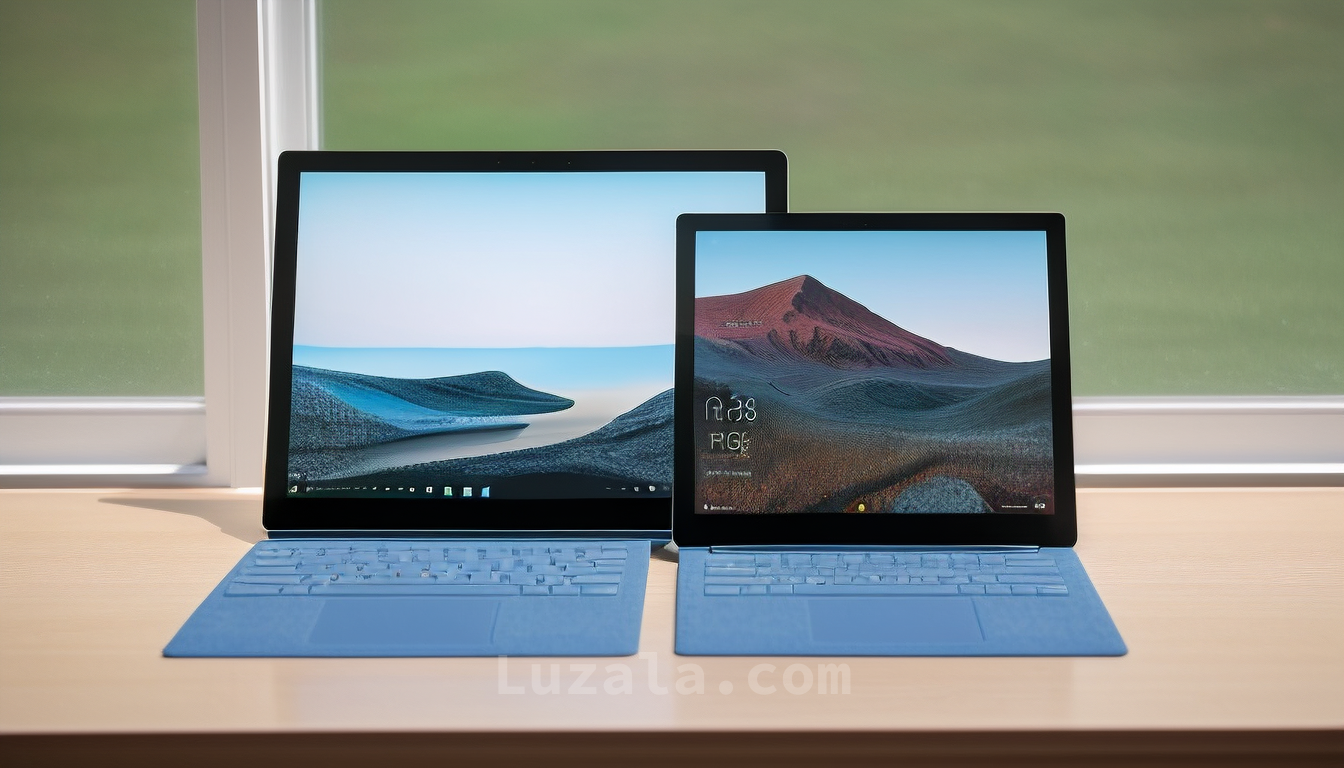WhatsApp Enhances Security with Passkeys: Biometric Login for Users
WhatsApp is introducing passkeys for added security, allowing users to log in with biometrics. This comes as part of the platforms efforts to combat rising cyber threats.
WhatsApp, one of the world's most popular messaging platforms, made waves in early August by announcing its work on passkey authentication. Now, over a month later, the company is rolling out passkey support to select beta testers.
With passkey support in WhatsApp, users can log in to their accounts using their fingerprint, facial recognition, or screen lock PIN/pattern. This feature primarily proves useful when transitioning to a new device or setting up WhatsApp on a fresh phone. If you're eligible, you'll find the passkey option under WhatsApp Settings Account. However, to access this feature, you must be using the latest WhatsApp beta for Android, version 2.23.20.4.
WhatsApp has specified that passkeys will be saved in Google Password Manager, but you can store them in your preferred password manager as long as it supports passwordless login.
In recent months, WhatsApp has been taking account security and chat privacy seriously, especially with the surge in scamming and phishing attempts. In April 2023, Meta, WhatsApp's parent company, introduced three new security features for WhatsApp: Device Verification, Automatic Security Codes, and Account Protect. The following month, WhatsApp rolled out Chat Lock to safeguard private chats from prying eyes. Additionally, the platform is actively working on a feature that conceals your IP address during calls, although its release is still pending.
Passkeys are generated using cryptographic keys and consist of a combination of numbers or characters. One part of the key pair is stored in your password manager, while the other resides on the server of the service you are using. Only when these two keys match can your login details be accessed, providing an extra layer of security.
Since passkeys are stored in a password manager, you no longer need to worry about memorizing them, making them highly secure and resistant to hacking or phishing attempts. Remarkably, they offer more robust protection than traditional multi-factor authentication.
Passkey support in WhatsApp will gradually become accessible to more users on the beta channel in the upcoming weeks. In the meantime, consider enabling WhatsApp's privacy features to fortify the security of your account.















Comments